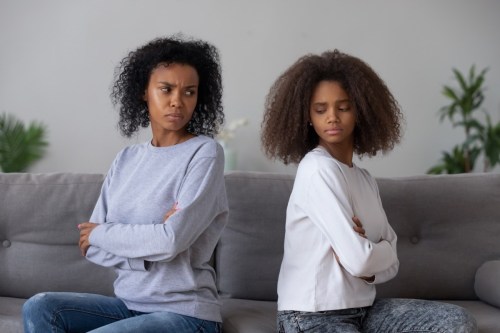Published
7 years agoon
By
Frimpong
Maybe you don’t like your tween daughter’s haircut or choice of clothes. Or perhaps she didn’t get the part in the play you know she deserves.
Before you step in, look at the big picture. If it’s not putting your child at risk, give her the leeway to make age-appropriate decisions and learn from the consequences of her choices. A lot of parents don’t want growing up to involve any pain, disappointment, or failure.
But over protecting your child from the realities of life takes away valuable learning opportunities before they’re out on their own. Of course, you’ll still be there for guidance and comfort you are still the parent. But challenge yourself to step back and let your child know you’re there for them.
If you suspect your child is using alcohol or drugs, do not look the other way. Even if it’s “just” alcohol or marijuana, or even if it reminds you of your own youth, you must take action now, before it becomes a bigger problem. The years when kids are between 13 and 18 years old are an essential time for parents to stay involved,
Parents might consider teen drinking a rite of passage because they drank when they were that age. But the stakes are higher now. Watch for unexplained changes in your teen’s behavior, appearance, academic performance, and friends. And remember, it’s not just illicit drugs that are abused now, prescription drugs and even cough medicines and household products are also in the mix.
Example, if you find empty cough medicine packaging in your child’s trash or backpack, if bottles of medicine go missing from your cabinet, or if you find unfamiliar pills, pipes, rolling papers, or matches, your child could be abusing drugs.
Take these signs seriously and get involved. Safeguard all the medicines you have: Know which products are in your home and how much medication is in each package or bottle.
That gets me to my last point….

























